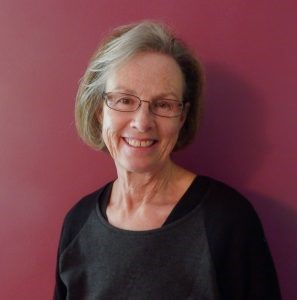 One last horrific beating convinced Karen to leave her first husband, but she soon fell into a second abusive relationship. It would take years of therapy and finding love later in life to heal old wounds and give Karen the courage to write about survival in her new memoir, The Full Catastrophe
One last horrific beating convinced Karen to leave her first husband, but she soon fell into a second abusive relationship. It would take years of therapy and finding love later in life to heal old wounds and give Karen the courage to write about survival in her new memoir, The Full Catastrophe.
Tell us a little about your background…
I grew up in Southern Ontario, Canada, in a strict Catholic family that didn’t socialize and rarely enjoyed life. Even though my parents met in Oshawa, a GM manufacturing town, they moved to the countryside, about 20 miles away, when I was 8. My siblings and I went to the local 2-room school until high school.
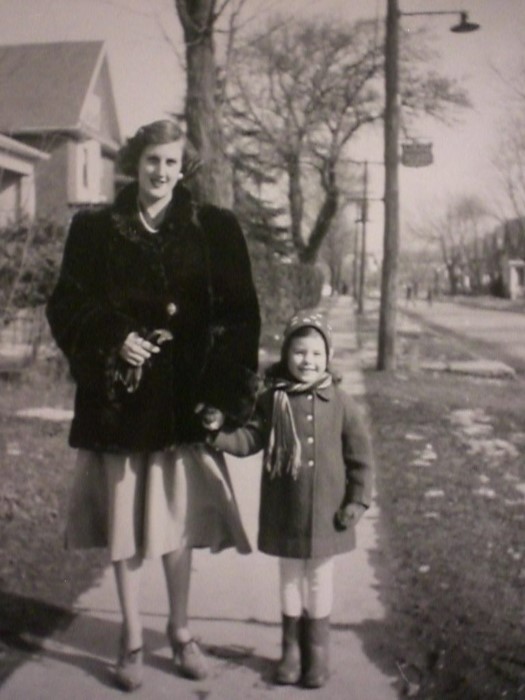
With my Mum
I attended Trent University in Peterborough, and was awarded a BA in Psychology and Anthropology in 1970. I met my first husband after my second year of university and on graduation, married him, moved to Toronto, and taught Junior High School. It was evident from the start that we were not well suited and didn’t communicate well, so our marriage was rarely happy. But what I didn’t realize was that our marriage was based on a lie that my husband told about a fundamental issue in marriage: having children. His plan was to manipulate me so that I would eventually “forget about” having children and he would never have to be honest and consider my wishes. Of course, I found this out after we divorced. I became pregnant in our fifth year of marriage.
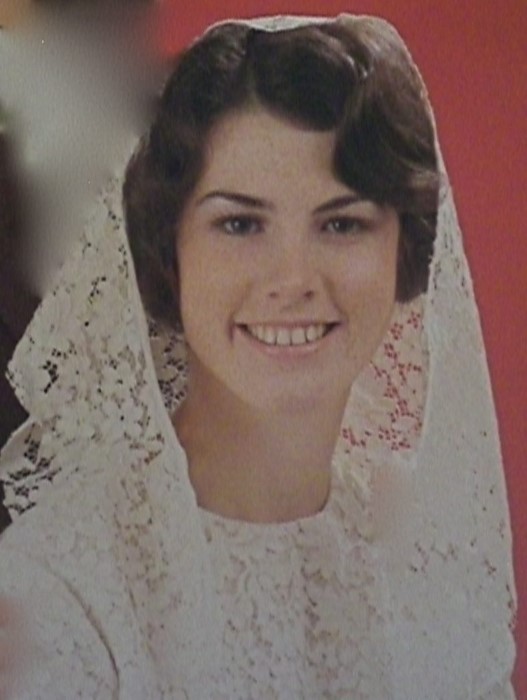
On my wedding day, at 21
From that time on, my husband was very unhappy while I was ecstatically happy. I loved my teaching job and our wonderful son. We had finished renovating our first house, lived in a trendy area of Toronto, and my friends and family were close by. My husband was so unhappy he decided we had to move to Calgary where his parents lived in order to start his own business. When I protested, he threatened to leave my son and me in Toronto and move on his own. I felt I had no choice but to do what he wanted and we moved to Calgary in 1977.
After the move, my husband was rarely home. I was in a city I didn’t know, with no friends, no family, no career, and a second baby on the way. My unhappiness was further exacerbated by my husband’s neglect and constant criticism, public ridicule, and, eventually, physical assaults.
Eventually we were living separate lives; the marriage was a train wreck and I was profoundly unhappy. When I sought counseling to get a strategy to turn things around, he refused and in the end beat me so badly I had a concussion and dislocated shoulder—all in front of our small sons.
I was left with no child support, no family around me, and a low paying job. The bank repossessed the house because I couldn’t pay the mortgage. My husband didn’t want anything to do with our sons.
Two months later, at the age of 31 and in a desperate state, I met the man who would become my second husband. Initially he seemed like the perfect partner—handsome, well educated, with a good job, a Ph.D. in management, a love of the arts, and a wide social network. After we married, however, he became extremely controlling and resorted to shouting, screaming, yelling, insulting, in public and private, to get his way. If I said no to anything he wanted, he had a major tantrum, sometimes breaking furniture and denting pots and pans. The tantrums could happen any time for any reason. It was easier to go along with what he wanted.
He did, however, support me to go back to University to become a clinical psychologist and we formed a management consultancy partnership. I had a small counseling practice and helped my husband with workshop design and delivery for public and private organizational projects. Ironically we worked together very well; it was only in our personal life that he exploded. However, now my financial stability was completely linked to him. I put on a false front to friends and clients that would never reveal what our marriage was really like. Marriage counseling and personal therapy changed our relationship in minor ways but did not cure the problem. My husband and I moved to England in 1995 with my youngest son, so my husband could take a lecturing position in a major business university north of London. My oldest son and my husband’s son both stayed in Calgary to work on design degrees at the local art college. My marriage didn’t improve.
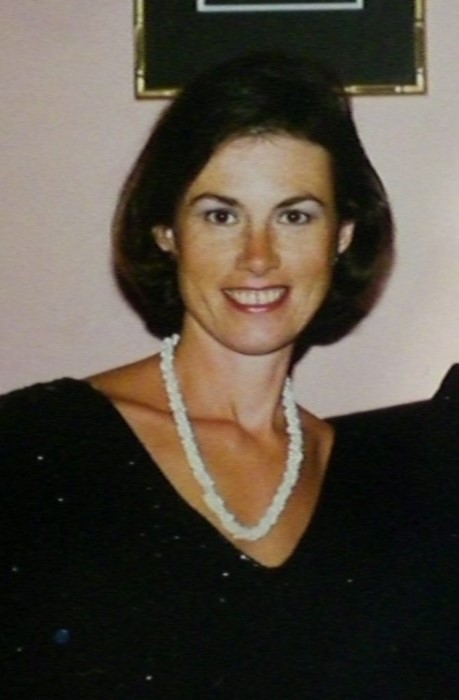
In one of the many black outfits my second husband insisted I wear
When did you start to think about making a change?
I had known for years that I was unhappy and needed to get out of our marriage. But I was “stuck” both financially and emotionally. I was afraid of his anger and his persistence and knew he would never let me go. I finally went to a therapist who told me very clearly, “Get out. He is not going to change.” Although I was still afraid to do so, when another incident occurred in which he was again very unreasonable, the “penny dropped” and I saw his bullying for what it was. I became fearless.
That was the defining point that triggered my transition. I had to prepare to go out on my own and to have a career without him as my business partner, so I took time to figure out what I would do to support myself and my son. My husband begged me to reconsider getting a divorce but when I agreed, it was only to buy time. He veered back and forth between the begging and fake suicide attempts, only to return to bullying me in between. In the autumn of 1998, after six months of going back and forth, he was diagnosed with stomach cancer. After a terrifying battle against the disease, he died in July, 1999.
While I had wanted and needed a change in my life, I had never anticipated widowhood. After years of being completely ruled by my husband’s emotions, I was thrown into a life on my own—suffering from grief and symptoms of post-traumatic stress from years of abusive treatment. I was terribly lonely and traumatized by witnessing his dying and death. I had wanted him to stop shouting and screaming at me, but I never wanted him to die. I still loved him. And my guilt that I couldn’t help him in his final months weighed on me. In addition, he died with me wanting a divorce and already planning my escape from him.
While I knew that in order to heal I would have to be diligent about going to therapy, and that I would face emotional challenges, I did not foresee the physical effects of post-traumatic stress and grieving. I had recalls on routine medical tests, had to undergo an endoscopy for stomach pain—the same test that had uncovered my husband’s stomach cancer. I felt as though someone had punched me in the stomach, was unable to sleep, and when I slept I had dreams of my husband’s illness. I suffered from anxiety and was so restless I could barely read anything. I couldn’t eat, lost weight, exercised relentlessly, and cried spontaneously in any location.
I was determined to heal because I knew that if I didn’t, I ran the risk of choosing another difficult man. I entered a period of four years in which I went weekly to Jungian analysis, recorded my dreams, kept track of my horoscope, spent time with friends, and attracted new business projects on my own. Therapy was my touchstone— my therapist was there for me and I could see my progress through his feedback. Otherwise I am not sure I would have noticed the tiny incremental steps towards fulfillment and happiness—and healing. Eventually I learned to trust the universe to guide me.
I met many men who were only too anxious to comfort the grieving widow. However, when I did date unsuitable men, something would happen to prevent me having a long-term relationship with them. My therapist said that my Higher Self was protecting me from making another mistake.
I also discovered that the career I had, freelance management consulting, was not fulfilling any more, but I had to continue doing it until I could find another way to support myself, my son, and my home. I was still living in the home I had shared with my late husband, still working at the business we had together, was still dressing in the same designer suits and matching handbags and shoes. I was still living the life I had with my abusive husband. I needed a complete “overhaul”!
Eventually I learned to trust the universe to guide me; I met and married my present husband and am extremely happy.
What is your next act?
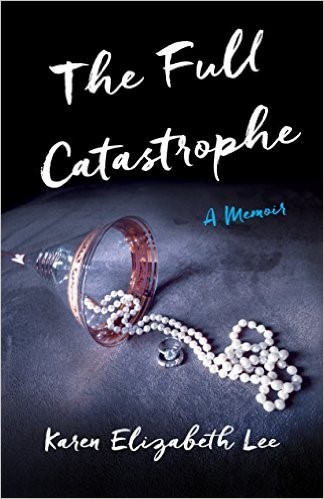 I am the author of The Full Catastrophe: A Memoir
I am the author of The Full Catastrophe: A Memoir, published in April 2016, when I was 67 years old. In it, I take you, the reader, right into my abusive marriage, my thoughts, my reasons for staying, my challenges with the father of my sons who deserted us, and my struggles with my second husband who dominated and terrified me. It is an honest, and at times heart-wrenching, story of my marriages, my second husband’s death, and my journey to wholeness and healing. I include some of the dreams recorded for my Jungian analysis and the horoscopes I clipped and pasted into my journals. I detail friendships, travel, and failed love affairs—all of which eventually helped me to make my way out of the sometimes fraught search for peace in my life. And finally I discuss trusting the Universe to help me, which led me to meet my present husband on a beach in Maui.
I found that I love writing! It has been therapeutic and freeing and has led already to many new opportunities. This fall, I will teach a course on memoir writing for people with difficult stories to tell at the Alexandra Writers Centre in Calgary, Alberta, and a memoir course for women who have been in domestic abuse situations with the Peer Support Services for Abused Women.
My plan is also to develop an online memoir course for people with tough stories. In addition, my desire to turn my own story into a book, along with my skills as a clinical psychologist, have led to a Board position at the Peer Support Services for Abused Women, and co-leading groups for women leaving domestic abuse.
I am also on a committee that is funded by the Status of Women Ministry in Canada to look into barriers women face when leaving domestic abuse.
My plan is to continue writing, speaking and teaching.
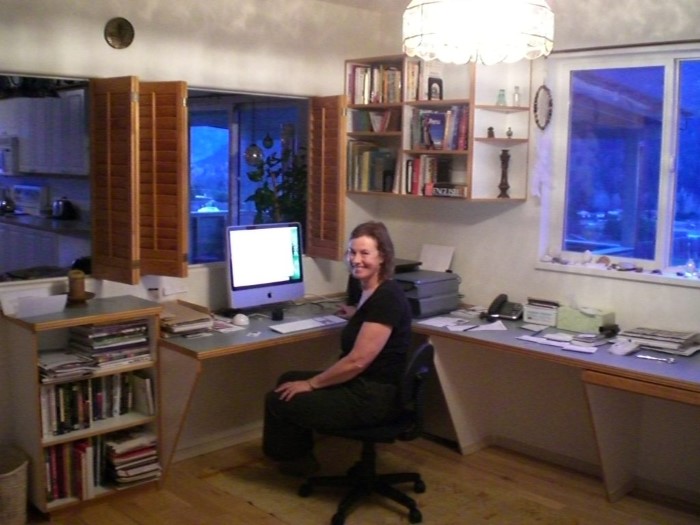
Why did you choose to write your memoir?
After my abusive marriage ended with the death of my husband and I had made my way through the long journey to healing, I was free to explore new options in my life. At last I was unencumbered by the abuse I had suffered for years that sapped my energy and finally I had a wonderful supportive partner.
I decided to write my memoir because I wanted to understand why a smart, well-educated woman fell for not one, but two, controlling and eventually abusive men. I wanted to connect the dots of my life and at last felt secure enough to do that—to have the courage to troll through the memories, the journals, the photos, write it down through the tears, and tell my story. To do so, I took writing courses, went to writing conferences, and bought lots of “writing your memoir” books.
Writing my memoir seemed like a compulsion to me; I just had to do it, get that story out of me and down on paper. It was not a choice. I did consider opening a personal therapy practice again, but found that that was not where I was going to make my best contribution. Facilitating groups, writing and teaching are where my energy is.

Marrying my current husband, Bill
How supportive were your family and friends?
I have the support and love of a wonderful husband, who helped me through the anguish of the memoir-writing process. I met him four years after my second husband died and married him eighteen months later. He too had faced challenges in his life and went for intensive therapy to look at his own issues. He is an emotionally strong and spiritual man.
My friends were very supportive when my second husband died, although of course they didn’t know all that I’d gone through. They cheered me up, encouraged me to get out and go to social events and, through companionship and support, helped me heal. Ultimately, my best friend from England Pam was the one who asked me the question that led to meeting my present husband, “If you could meet someone anywhere in the world, where would it be?” Without hesitating I said “Maui” and about 14 months later I met him on a beach on Maui. My friends have been, and continue to be, incredibly supportive to my memoir writing—and empathetic that I could have gone through such a difficult time.
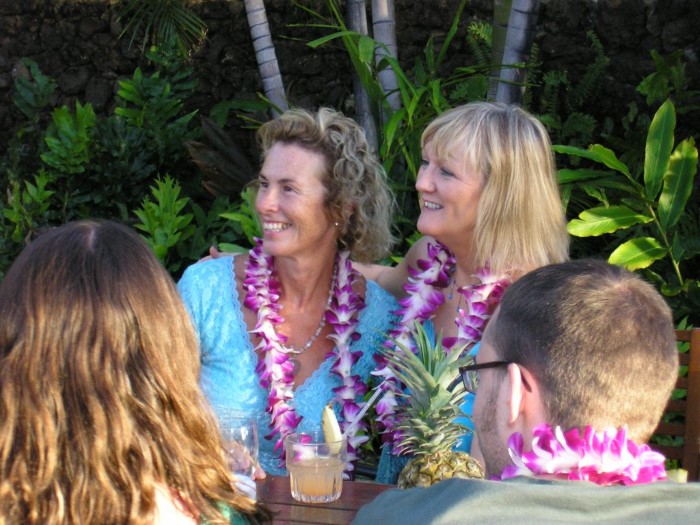
With Pam at my wedding
What challenges did you encounter in writing your memoir?
I encountered very practical issues such as having to teach myself the skills of writing dialogue, doing character sketches, writing scenes, charting out my story arc. Then I had to submit the manuscript to editing—and allow others to comment on what to me was both personal and painful.
In the midst of painful memories, I sometimes had to stop and leave the manuscript for a time. I often burdened my wonderful husband with my doubts and fears, my guilt about the past. He wisely gave me advice but didn’t take it on. He has remained emotionally supportive during the whole process.
I never thought of giving up but I did think I would never finish! Again, persistence and courage kept me going—and a need to see the whole project through. My Jungian analyst was also very encouraging and felt that it was extremely important for me that I finish.
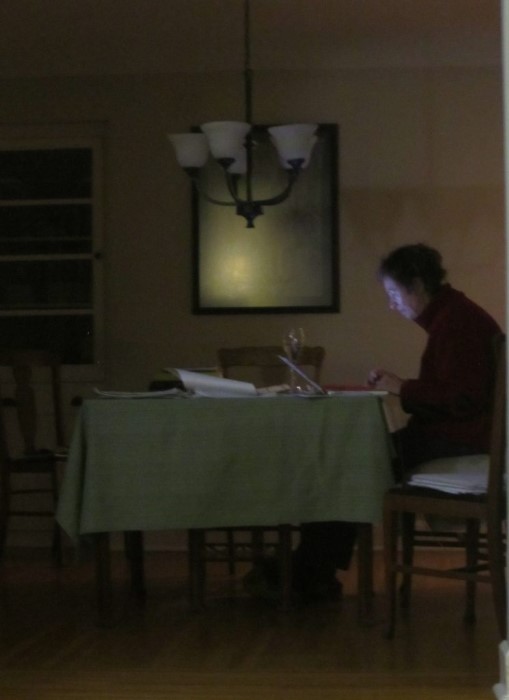
What did you learn about yourself through this process?
I learned that, like my parents, I had low self-esteem, lack of confidence, and relied too much on others to define who I was. When controlling men came along, I was a sitting duck—I let them take over my life and then was hurt and angry that they did so. Due to some early childhood experiences, I seemed to have no natural defenses against their control and ultimate abuse. When I did fight back, they became angrier that I did not just succumb to their control.
Writing my memoir was a therapeutic learning experience.
Looking back, is there anything you’d have done differently?
I should have asked my parents for help earlier. When my first husband left my children and me, I should have insisted that they let us live with them until I got on my feet again. I chose to tough it out myself and I really couldn’t manage. When my second husband came along with promises to look after us, I fell for it.
Also, if I could go back, I would pay closer attention to the warning signs that were there to tell me that both men I chose to marry were controlling, dishonest, and cared little for anyone but themselves.
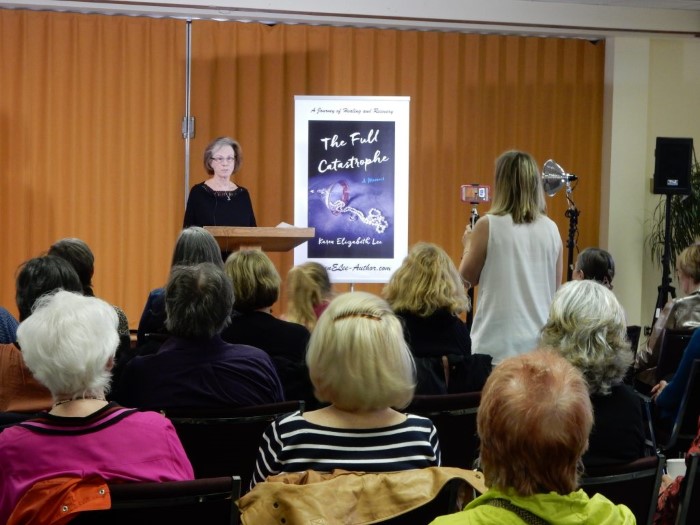
Speaking at my book launch
What advice do you have for women trying to get out of an abusive relationship? What resources do you recommend?
Courage is essential. The persistence to pursue therapy or a new way of living is so important because there are many who will criticize or not be supportive. Many will want you to just keep quiet about being hurt or abused in any way. Sometimes parents will argue that you have a lovely home and vacations so just put up with the hard times.
Ask for help. Seek out those who will support you—friends, family, anyone who has your best interests at heart. Also seek out people who are knowledgeable about domestic abuse and the effects of that abuse.
Go for therapy to talk through the things you need to sort out. Good therapy can be life changing, as it was for me. You are not the same person when you exit an abusive relationship as you were when you went into it; you have been hurt and that has an effect on your self-confidence and ability to make good decisions. You have to choose a therapist who suits you as you will spend many months or even years with this person.
When you leave an abusive relationship, realize that leaving is not enough—you need to heal. We know that after surgery, when we leave the hospital, we still need help and healing before we are back to normal; that is true when leaving a difficult life situation as well.
Resources:
You can call the National Association of Domestic Abuse for help anywhere in the United States.
In addition there are many local websites: Here’s a search tool.
In addition to my memoir about my personal journey through domestic abuse, there are many memoirs available: The Glass Castle by Jeannette Walls, and Angela’s Ashes
are just two of the many published to date. There is a research book on upscale domestic abuse: Not To People Like Us: Hidden Abuse In Upscale Marriages
by Susan Weitzman.
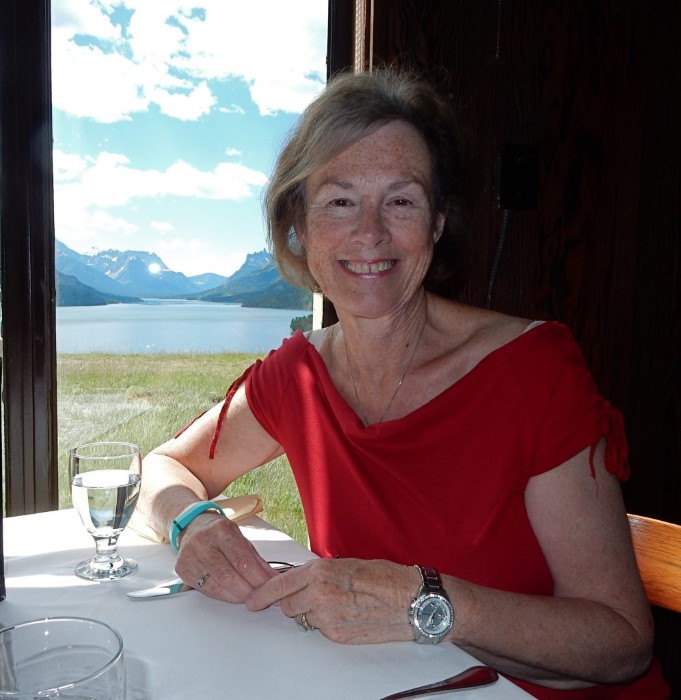
What advice do you have for those interested in writing a memoir about a difficult situation? What resources do you recommend?
Writing memoir is open to anyone and I recommend it if it appeals to you. I tried visual art and had neither the talent nor the passion for it. For me, writing was soothing, challenging, and exciting—and the therapeutic effect is wonderful. Writing also opens new opportunities to meet like-minded people
Publishing is another decision altogether. You can write and never publish if that is what you choose to do. My decision to publish was so my story might help other women in a similar situation.
I chose to disguise most people in my memoir, changing names and details about their lives unless they gave me permission. My intention was to write MY story and I had no need or intention of hurting anyone with my writing.
Libel is the issue that people are sometimes concerned about and there are two rules about that: What you write has to be the truth; but even if it is the truth, if the other person can prove that you have hurt their reputation or ability to make a living, they may have a case. However, there is no issue if the person is dead and if the information is already in the public record, e.g. court records which anyone can access.
Resources:
The National Association of Memoir Writers.
How to Write Memoir with Marion Roach.
Why We Write About Ourselves: Twenty Memoirists on Why They Expose Themselves (and Others) in the Name of Literature by Meredith Maran.
I would highly recommend She Writes Press in Berkeley, CA if people are interested in finding out about publishing their book. They are a small hybrid publishing company that only does women’s writing.
Also, you can check out Brooke Warner’s new book: Green-Light Your Book: How Writers Can Succeed in the New Era of Publishing
Contact Karen Elizabeth Lee at karen@karenelee-author.com
Twitter: @KarenLeeAuthor
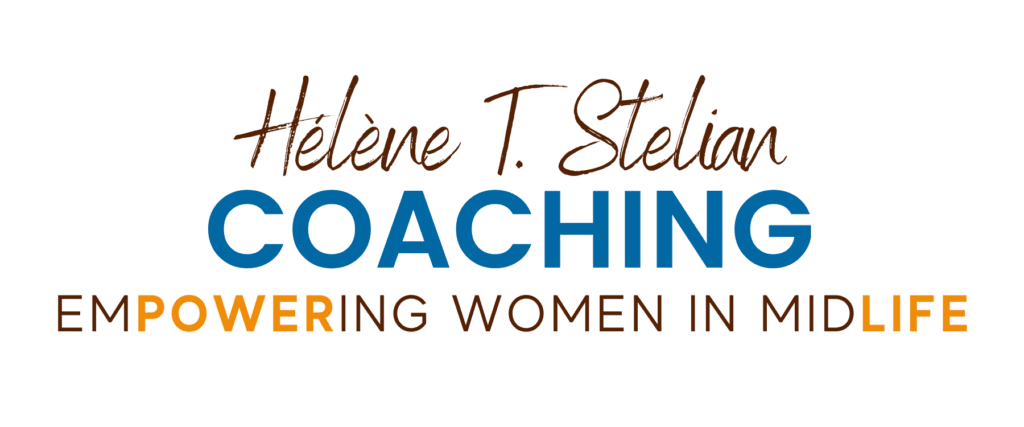

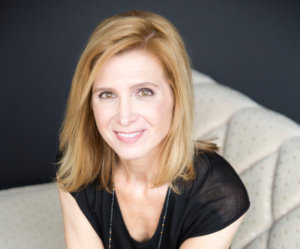
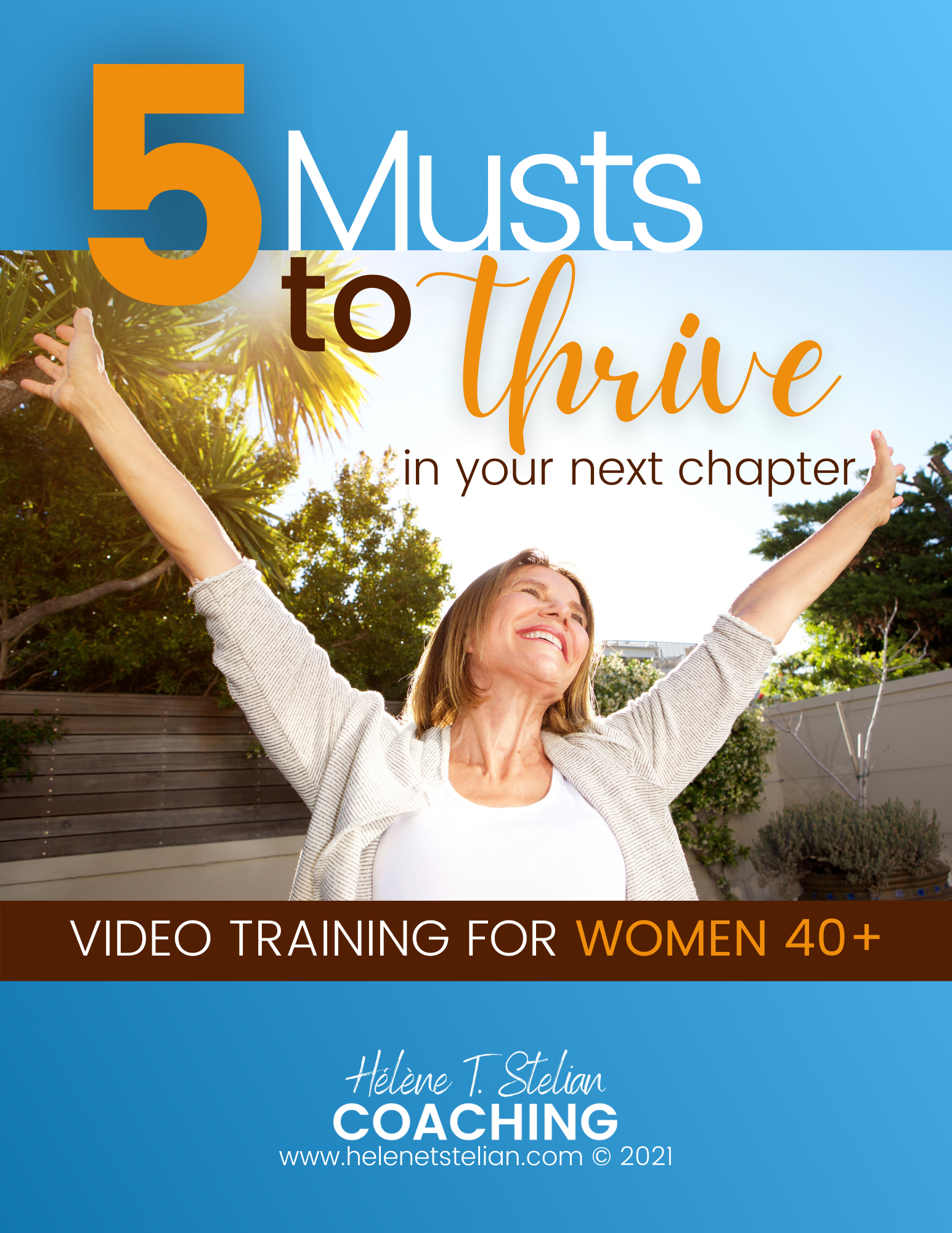



Such an important topic and such a courageous woman. Thanks for sharing.
Thanks for reading Cathy. Women are so strong. Karen reminds us of this with her courage.
Our looks like I was talking to myself, I was never happy at the wedding, was beaten and no longer believed in love, but one day I divorced and after many years I met someone who treats me as a person.
Thank you for sharing your story…